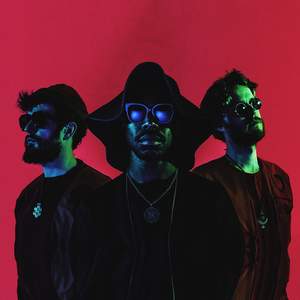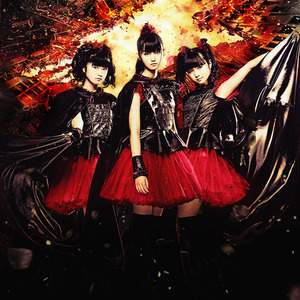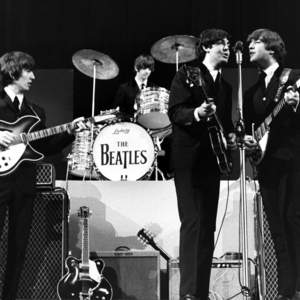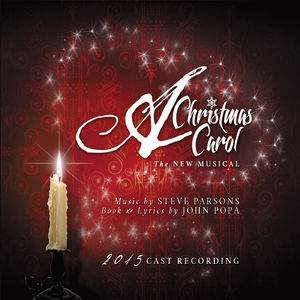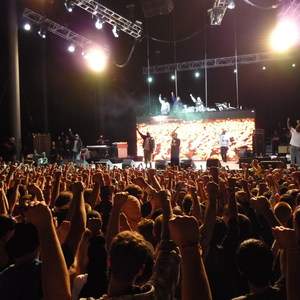Nightly Tour 2025
November 6, 2025 -
The tickets for Nightly concerts are already available.
The music event that is going to shook everybody this year is definitely the new Nightly tour. The Nightly tickets are being sold out at a lightning speed but there’s still a chance to book the spots for an amazing price! Their shows attract thousands of people even from neighboring regions. Only the best arenas, stadiums, and concert halls are able to host these events and provide all the necessary services to thousands of people. Thousands of people will be gathering around just to witness a star performing on stage.
Every fan will get a chance to experience the amazing performance of their favorite musician. This is going to be the most interesting tour of the year by far, and this is the best place to get your tickets right now. The quality music has to be experienced through live events only.
Every Nightly concert is a unique event that does not disappoint. A lot of people are eager to see a Nightly concert at least once and get the truly amazing experience. They are aware of the fact that a mere computer screen won’t be able to convey all the beauty of a live concert. You can check the details of every concert right here and decide whether that’s exactly what you’ve been looking for.
We make sure to offer the most competitive prices for tickets for different concerts. We can provide you tickets that are hard to find while also taking into account your seating preferences. We know how important it is to choose the right spot from which you can listen to a great band performing live. Affordable tickets are always sold out quickly, so just make a note in your calendar and contact us as soon as the tickets become available.
Simply check the dates for the performance at your hometown and book your tickets because they get sold out really quick! Here you will find the Nightly tickets 2025 and all the details related to their live performances.
Nightly Tickets 2025 - 2026
Nightly VIP Packages 2025/2026


About Nightly
Night or nighttime (also spelled night-time or night time) is the period of ambient darkness from sunset to sunrise during each 24-hour day, when the Sun is below the horizon. The exact time when night begins and ends (equally true with evening) depends on the location and varies throughout the year. When night is considered as a period that follows evening, it is usually considered to start around 8 pm and to last to about 4 am. Night ends with coming of morning at sunrise.
The word can be used in a different sense as the time between bedtime and morning. In common communication, the word night is used as a farewell ("good night") and sometimes shortened to "night", mainly when someone is going to sleep or leaving. For example: "It was nice to see you. Good night!"[citation needed] Unlike "good morning", "good afternoon", and "good evening", "good night" (or "goodnight") is not used as a greeting.
Complete darkness or astronomical night is the period between astronomical dusk and astronomical dawn when the Sun is between 18 and 90 degrees below the horizon and does not illuminate the sky. As seen from latitudes between about 48.56° and 65.73° north or south of the Equator, complete darkness does not occur around the summer solstice because, although the Sun sets, it is never more than 18° below the horizon at lower culmination, -90° sun a angles occur at Tropic of Cancer on December Solstice and Tropic of Capricorn on June Solstice and at equator on equinoxes.
The opposite of night is day (or "daytime", to distinguish it from "day" referring to a 24-hour period). The start and end points of time for a night vary, based on factors such as season and latitude. Twilight is the period of night after sunset or before sunrise when the Sun still illuminates the sky when it is below the horizon. At any given time, one side of Earth is bathed in sunlight (the daytime) while the other side is in the shadow caused by Earth blocking the sunlight. The central part of the shadow is called the umbra.
Natural illumination at night is still provided by a combination of moonlight, planetary light, starlight, zodiacal light, gegenschein, and airglow. In some circumstances, aurorae, lightning, and bioluminescence can provide some illumination. The glow provided by artificial lighting is sometimes referred to as light pollution because it can interfere with observational astronomy and ecosystems.



